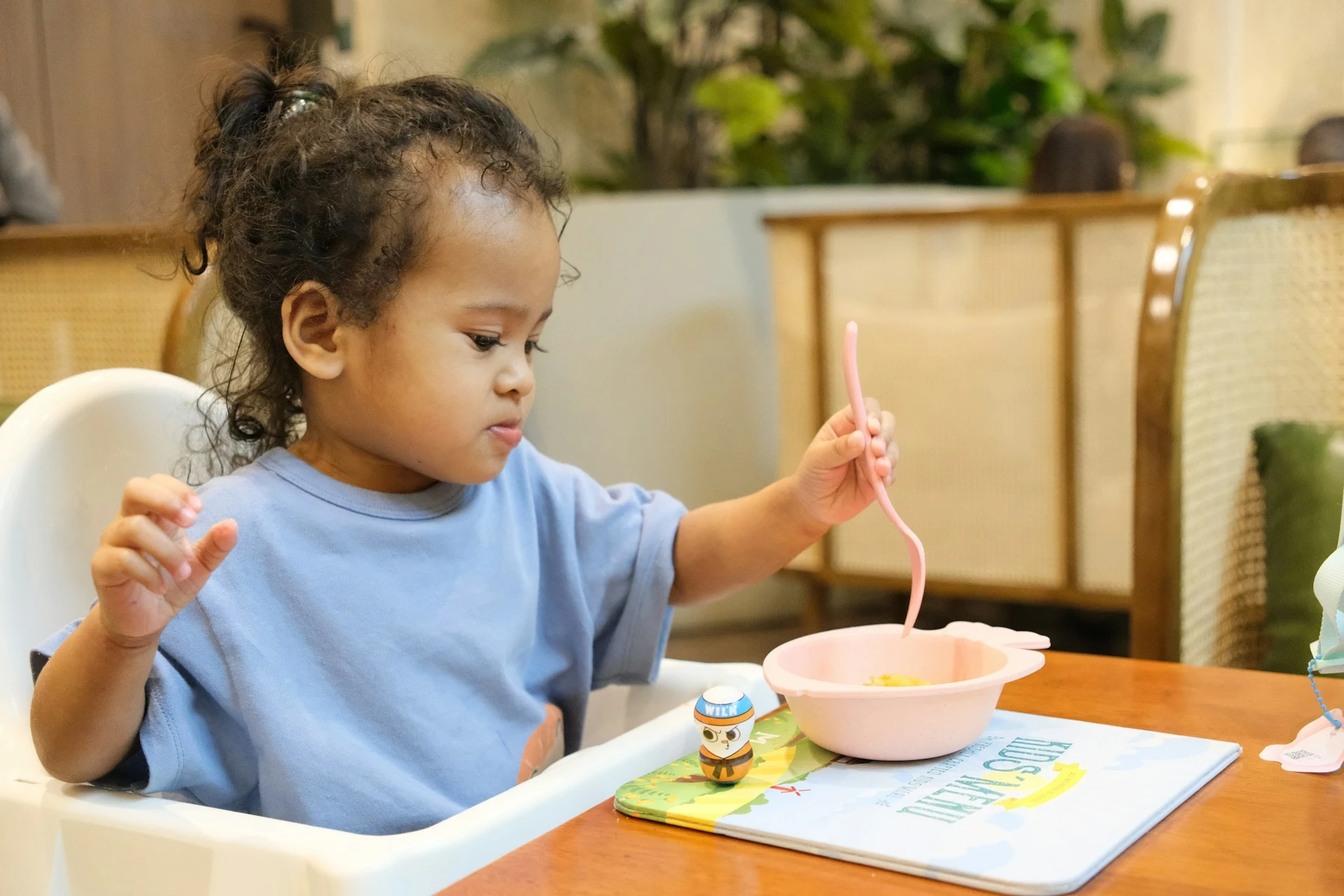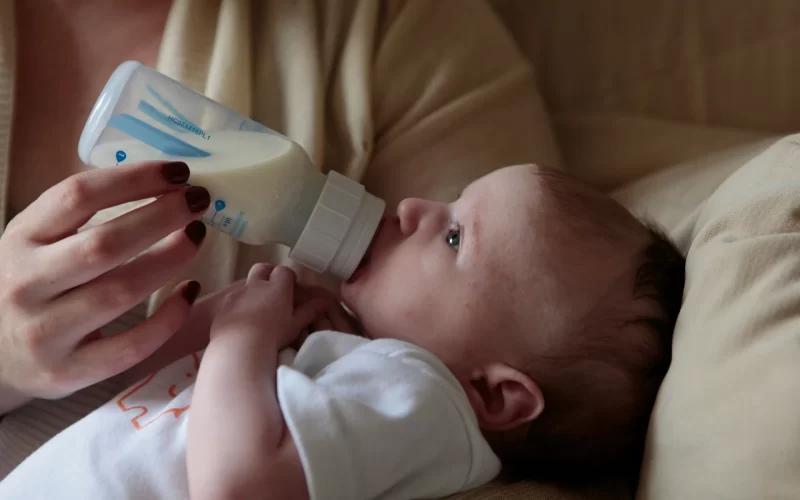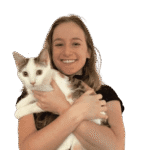Wednesday, 5/18 MVP is hosting our first Basic Infant and Child CPR and Choking Prevention Class. Email info@manhattanvalleypediatrics.com to be notified of our next class later this summer!
Many of the families we work with become fearful of their baby choking when starting solid foods around 4-6 months of age. The truth of the matter is that choking does not happen commonly; if you take certain precautions and are well trained in how to manage choking, injury or poor outcomes can be prevented.
First of all, what is choking?
I hear all the time from families that their child “chokes” when trying certain foods. On follow-up, they describe “he coughs and turns red, spits out the food.” This is not choking- what these parents are describing is a normal response in an infant to being presented with a new taste or texture that the child is rejecting. Often babies will respond in this way when they are first presented with new food. A baby or infant who is truly choking is silent and appears frightened, initially is bright red but will turn blue if not tended to quickly. I know, just the description increases my blood pressure! This does not happen frequently in neurologically normal children, most kids innately know how to deal with something that they can’t get down- by coughing or spitting. We have all experienced when “something goes down the wrong pipe,” which is the body’s natural response to a choking threat.
So, how can we prevent choking in our babies and children?
- First of all, introduce developmentally appropriate foods.
- First foods should be soft or mushed up.
- No small, hard foods.
- It is ok to give a chunk of something for your baby to chew on, but keep a close eye on them while letting them explore the chunk.
- Avoid hard, raw vegetables and nuts.
- If you are introducing nut butters, mix them with something warm like oatmeal so they melt a little to avoid a glob of sticky food that could potentially cause choking.
- If you have an older child beware of them feeding the baby inappropriate food.
- Children under four should not have popcorn.
- No chewing gum.
- Be very careful with small, hard candies.
- If you are feeding them hot dogs or cheese sticks, cut them lengthwise rather than into round slices.
- When you are feeding any child it is best to do it seated at a table rather than on the go, in the stroller or in the car.
Most toys specify what age the toy is appropriate for.
Do not allow your young baby to play with toys that have small, hard pieces that they could potentially put in their mouths. If you have multiple children keep the older child’s toys separate from the younger child, and gate off their bedroom if possible.
It is always a good idea to brush up on your CPR and choking skills.
Here is a good link with an overview of these skills. You can also attend a class and practice in person with an instructor. At MVP we recommend taking one of these classes before starting your baby on solid foods. The best way to sharpen your skills is to practice- run through your CPR and Heimlich maneuvers mentally so if you ever have to tap into them you will be prepared.
As always, we are here for you. If you have any questions or concerns about choking prevention with your infant or child, please reach out. Additionally, we are offering CPR and choking training once a quarter now at MVP. We would love to see you there!






